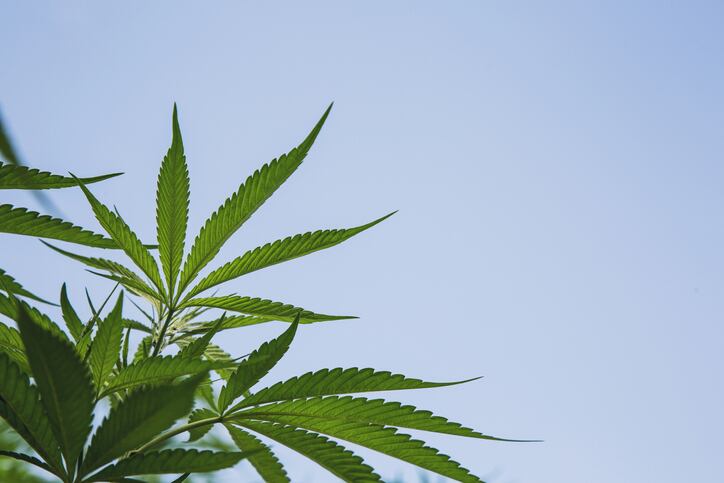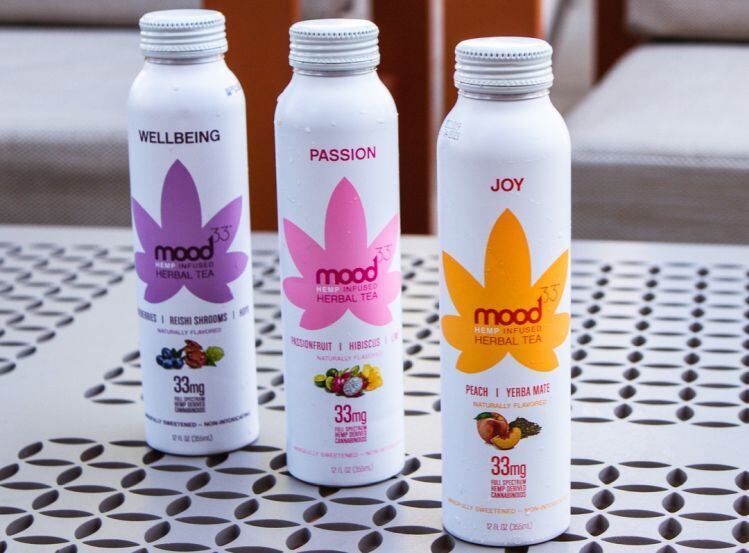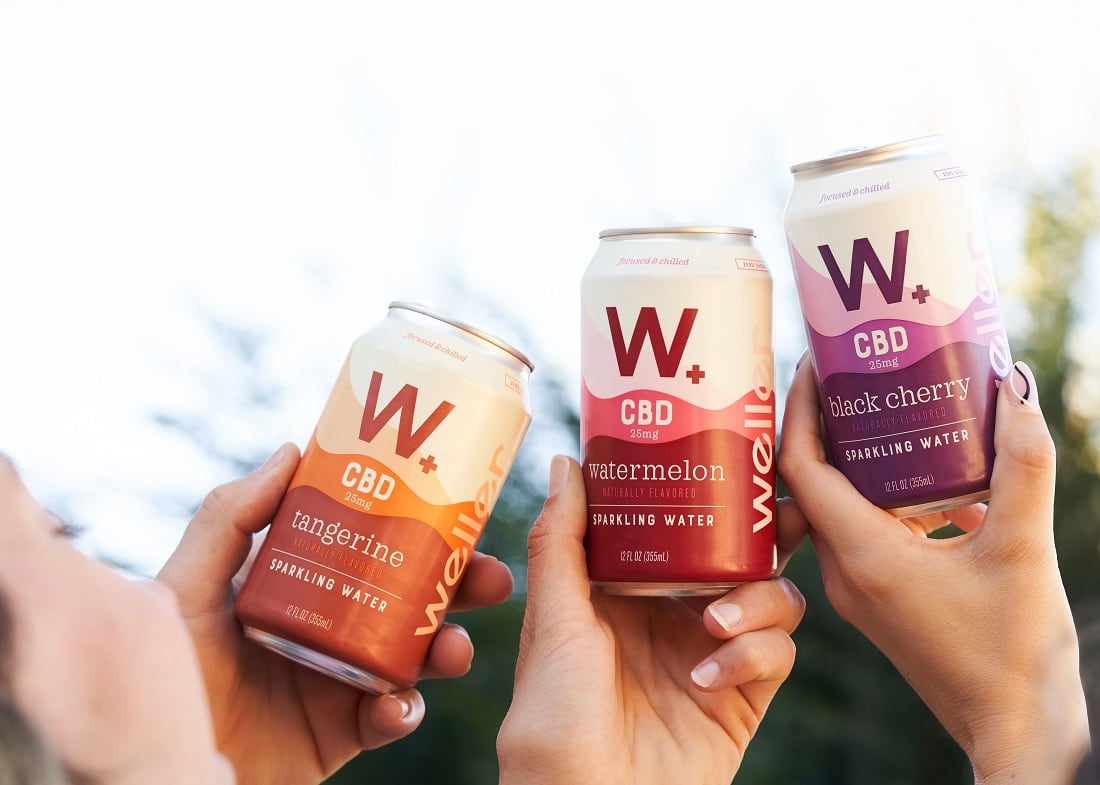As we reported recently, FDA released a constituent update on November 21 in which the Agency FDA said it had “not found adequate information showing how much CBD can be consumed, and for how long, before causing harm” and had just sent warning letters to five companies selling CBD-infused foods or beverages.
While some of the explanations were not especially unusual, the letters were different to earlier ones from the agency about CBD.
Daniel Fabricant, PhD, President and CEO of the Natural Products Association (NPA), told us: “These warning letters are different in a few ways in contrast to the letters we’ve seen prior, which have primarily been on dietary supplements and all have mentioned disease claims (unapproved drug claims) and really lead with those claims as the primary regulatory issue.
“This is the first time FDA is focused on CBD as a chemical entity as the sole basis for the warning, which they (FDA) doubled down on with their constituent update that takes added pains to spread the FDA’s opinion that there are somehow greater risks inherent to foods containing CBD than supplements. I’m unaware of the data source FDA is using to make that assumption, and if there is an ongoing safety evaluation on CBD, as the agency received added appropriations for, there needs to be a clear communication to all when that will be completed and when the agency will find a pathway forward on a safe daily amount to consume.
“Credibility is diminished when only risk is discussed and no approach to inform Americans, a number who are using CBD daily, on what is a safe level to consume daily when other governments have already established those numbers even on an interim basis.”
“Striking”
Brian Sylvester from law firm Covington & Burling LLP echoed Dr Fabricant’s comments, telling us that, while none of the violations alleged are new, FDA has raised concern about a broader scope of CBD-containing products.
“Specifically, what's striking here is that, until now, FDA has focused its CBD warning letters on products bearing claims to diagnose, cure, mitigate, treat or prevent various diseases rendering the product an unapproved new drug in FDA's view in violation of the FDCA,” he said.
“Here, one of the 5 warning letters issued on November 16, 2022 makes no unapproved new drug charges at all. Instead, the letter only makes an adulteration charge based on an assertion that CBD is an unapproved food additive, and also reinforces FDA's position that CBD cannot be legally used in a food under the exclusionary clause of the FDCA.”
Full spectrum hemp extracts
One of the warning letters also took aim at brands referencing a ‘full spectrum hemp extract’ on the product label, an approach adopted by many brands that caters for retailers who may be reluctant to explicitly reference ‘CBD’ on pack. However, the Agency stated that this meant some consumers could unwittingly ingest CBD.
Commenting on this, Rend Al-Mondhiry, Partner at Amin Talati Wasserman, LLP and advisor on regulatory and compliance issues affecting hemp and CBD products, said: "To our knowledge this is the first time FDA has called out a product for failing to list CBD as an ingredient. According to the letter, the company called the product “Hemp Infused Herbal Tea” and listed “with 33mg Full Spectrum Hemp Derived Cannabinoids” on the label, which concerned FDA because the form of the product (a tea) and lack of CBD on the label could lead to unintentional consumption of CBD. A couple other notable differences compared to previous letters that you probably noticed are the fact that no disease claims were mentioned, and CBD’s interaction with caffeine was cited as a concern.
"As far as implications, many companies choose to omit “CBD” from product labeling for various reasons, for example, if CBD claims aren’t made, or CBD itself isn’t being added to the product and it only contains full spectrum hemp extract. In the Warning Letter, FDA noted the company called out the use of CBD on its website and referred to the product as “CBD tea,” so CBD should have been listed on the label. This Warning Letter is good reminder for companies marketing “hemp” products to review all labeling carefully, including website claims, against the product label itself and the formulation – ultimately, it’s going to be product-specific decision."
FDA – no pathway in the near future…?
Days before the FDA announcement, beverage giant Molson Coors announced it was unwinding its Truss USA joint-venture with cannabis producer HEXO Corp, and will exit the CBD beverage business in the US by the end of this year, citing a lack of certainty over federal legalization of cannabis products. It must be stressed that Truss USA did not receive any warning letters from the FDA
Truss USA launched its hemp-derived CBD water Veryvell in Colorado in January in 2021, spreading to 26 states snice that time. However, the company does not see enough potential in the category over the near-term to keep operations running.
“While several US states have legalized cannabis products in recent years, including a handful in the recent election cycle, there remains no near-term pathway to federal legalization, leaving uncertainty in the market,” said the company on its decision.
Many stakeholders are looking to Congress to find a fix given FDA’s stance. Indeed, a meeting of the U.S. Food and Drug Administration’s Science Board in June did little to assuage a frustrated CBD industry
Following the Science Board meeting, Al-Mondhiry told NutraIngredients-USA: “It doesn’t seem that FDA will be providing a pathway in the near future, or that a change from the status quo is on the horizon” and therefore any near-term change would have to come from Congress.
Jonathan Miller, general counsel for the industry-backed US Hemp Roundtable, concurred, telling FoodNavigator-USA that the recent warnings letters and FDA constituent update are “part of a continuing pattern of antagonism by the agency toward CBD in food and beverages, and makes it even more incumbent on Congress to direct the agency to regulate these products to ensure consumer health and safety.”





